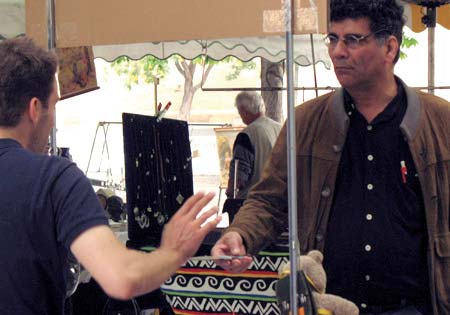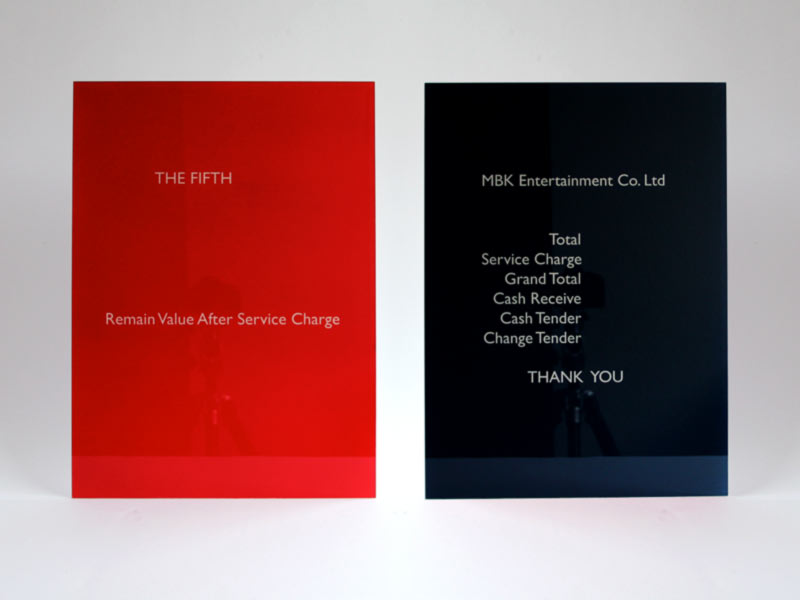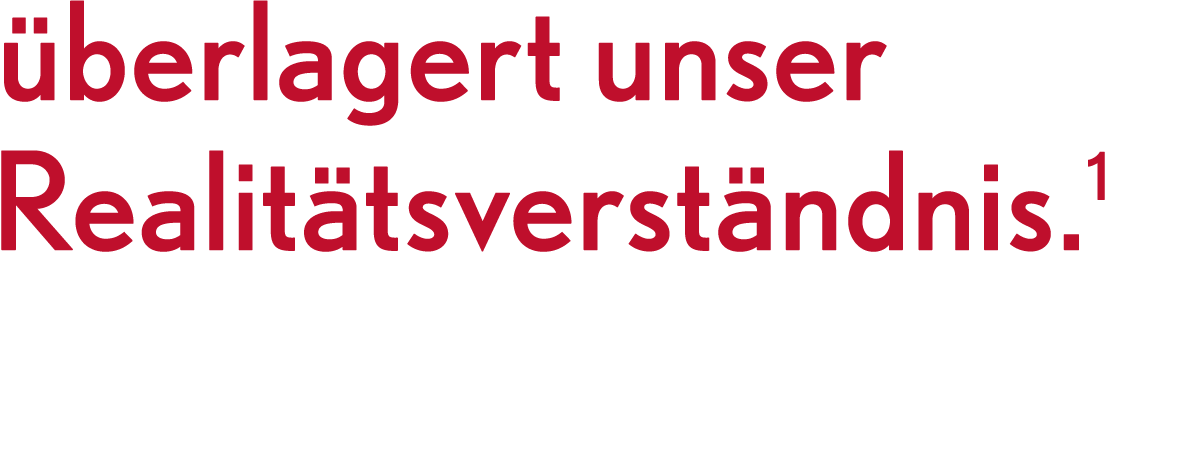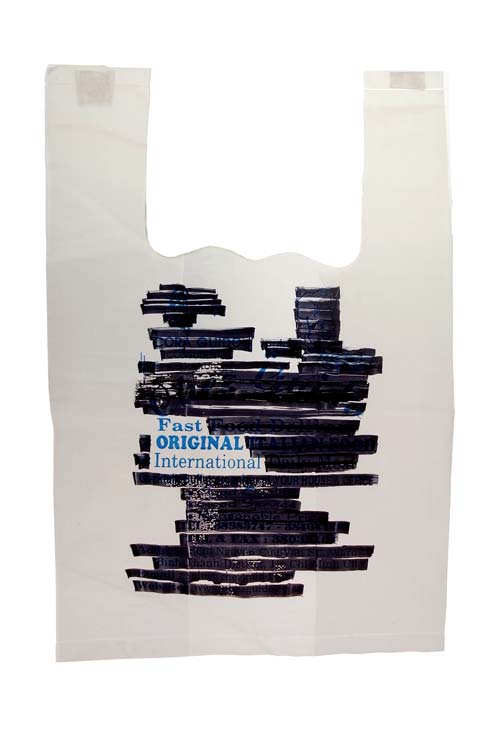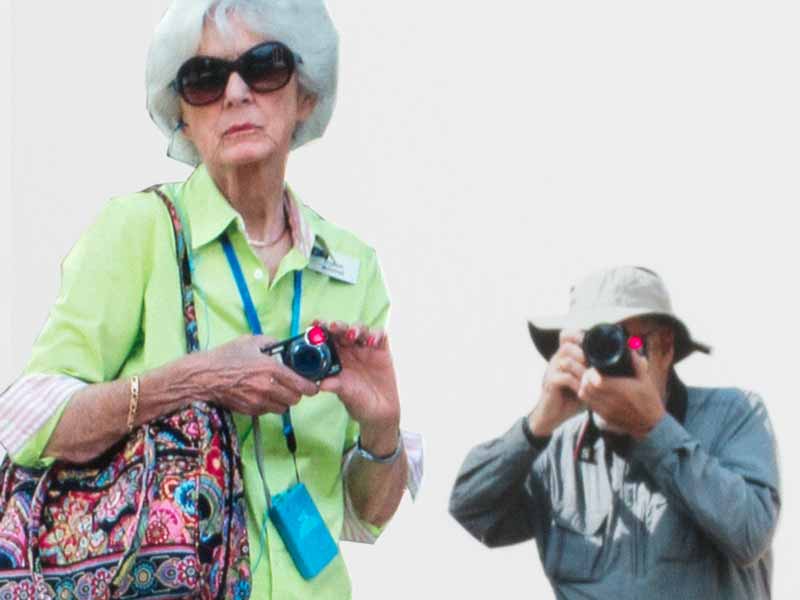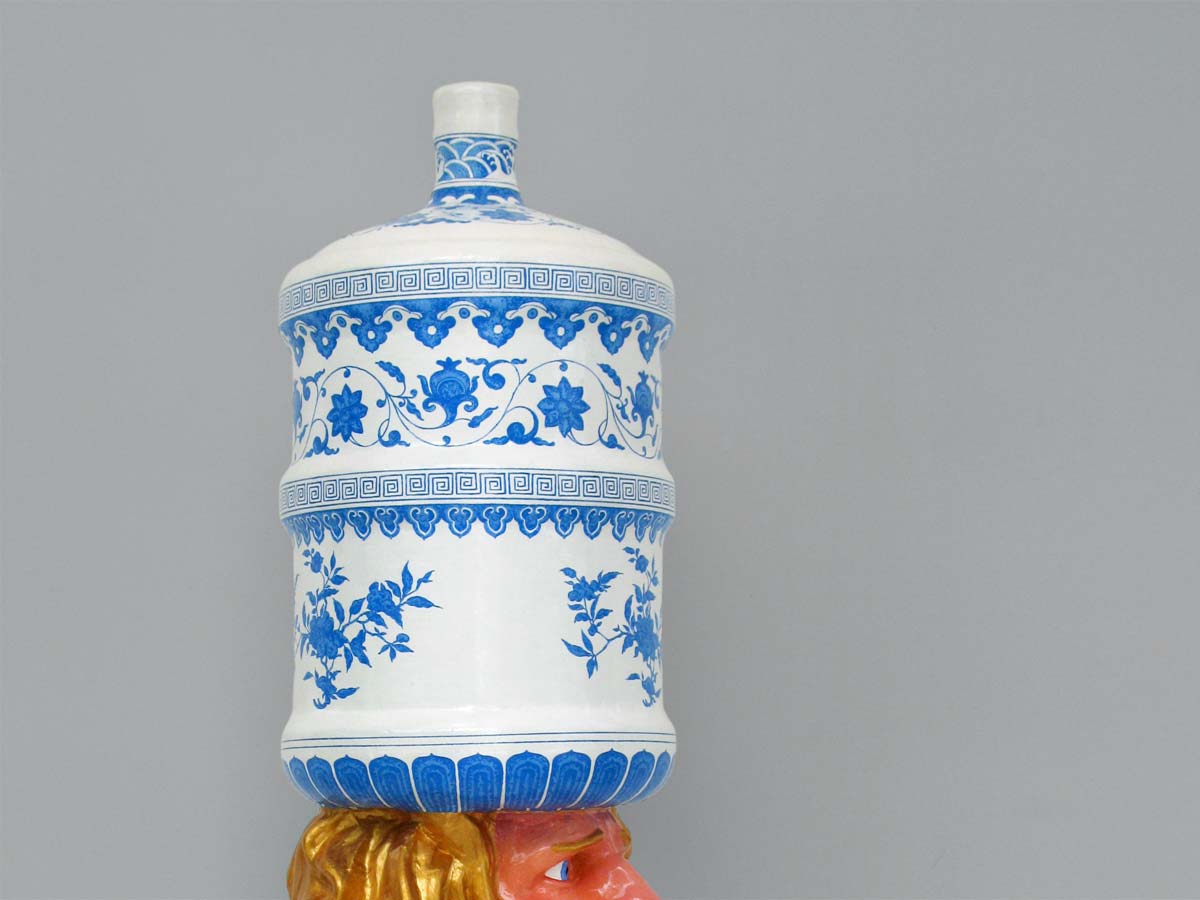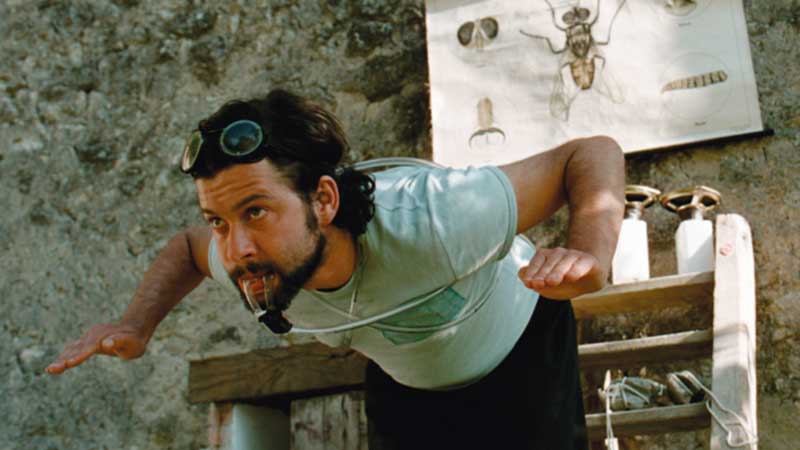
Saigon 7
Before being painted, the motive has been digitally processed in such a way that less artistic skill was needed for it´s realisation, but many more working hours – in comparison to tradiontional painting.| acrylic on wood, 160x80cm, Cologne, 2015/2016
